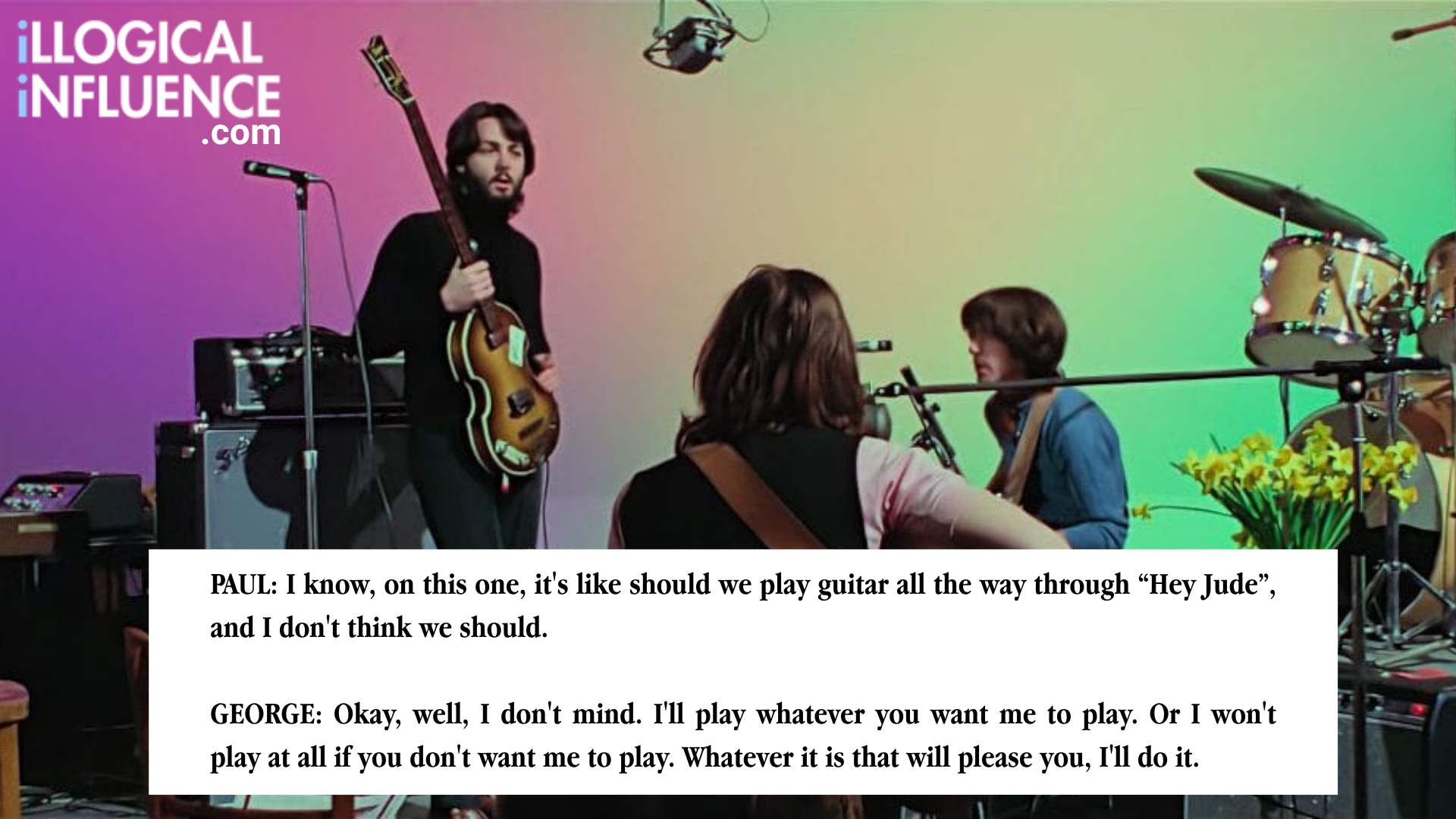
DOGE You Want Me, Baby?: How Forcing Employees to List Accomplishments Can Laughably Backfire
Some management ideas sound super efficient until people actually have to follow them through. Take DOGE’s “5 Things” email policy. Every federal employee was told to send five bullet points every week summarizing their accomplishments. On paper, it looks like accountability. In practice, it became an administrative paperweight to be mocked and ridiculed. One more thing to place atop the “Elon looks like an idiot” pile.

If You Feel Undervalued at Work, There Might Be a Reason (and It Might Not Be You)
It starts subtly. You notice your ideas are greeted with polite nods (or even silence) instead of enthusiasm. You hit your targets, but the recognition is muted. Then someone less experienced gets a high-profile project. Worse still, decisions that affect your role are being made in meetings you’re not in.

Brain Drain: How ChatGPT Contributes to Cognitive and Critical Decline
For all the praise heaped on ChatGPT’s convenience, there is strong evidence of an inconvenient truth: users' brains are taking the cognitive hit.

Oh, are you groundbreaking? Fun.
There’s something wonderfully predictable about bad marketing copy. You can smell it before you see it. It usually arrives accompanied by a parade of adjectives each trying to sound more important than the last.

Why Your Brain Thinks a Performance Review Is a Bear Attack
I once watched a normally mild colleague morph into a territorial grizzly. Management had announced that our office would be converted into a hot-desking "collaborative space," vaporizing his beloved corner office. To an outsider, his outburst looked absurd (who fights that hard over a desk?), but in that moment he was effectively defending his cave. This little melodrama was a perfect case study in our brain’s social wiring, which neuroscientist David Rock captured with the SCARF model (Rock, 2008).

How to Get Smarter Without Really Trying
I have a confession: I’m a terribly impatient learner. If I pick up a new skill, I want to be halfway decent at it by, oh, yesterday. Naturally, this has led me down some strange rabbit holes in search of quicker ways to get smarter.

Making Money by Giving It Away: Radiohead’s In Rainbows and the Psychology of Pricing
The In Rainbows Experiment: Crazy or Brilliant?
In 2007, Radiohead took a leap of faith that baffled industry experts. With no record label ties at the time, the band released its seventh album, In Rainbows, as a digital download and famously told fans: pay whatever you want...even zero.

Five Behavioral Science Ideas Most Marketers Ignore (But Shouldn’t)
Some of the best ideas in behavioral science are hidden in plain sight. They’re not flashy. They’re not “innovative.” But they work. Here’s a quick list that could save you from another expensive marketing brainstorm.

Want People to Care More? Make Them Work for It.
If you want someone to value something, don't just give it to them. Make them build it. The IKEA Effect, coined by Michael Norton, Dan Ariely, and Daniel Mochon, describes how people place a higher value on things they help create (Norton, Mochon, and Ariely 2012).

The Intelligence You Need is the Kind You’d Fire
The trouble with intelligence, especially in the corporate imagination, is that it’s been cleaned up to the point of sterility. We assume smart teams must be tidy, rational, and interchangeable. As if intelligence were a kind of disinfectant, rather than a gloriously fermenting mess.

How Toyota's 5 Whys Framework Saved the Lincoln Memorial
In the 1980s, the Lincoln Memorial was crumbling faster than expected. Marble was flaking off the structure, and the cause wasn’t time or weather, but something far more mundane:

This Post Will Make You…
I’ve always suspected that the reason people find it harder to leave a Netflix series than a religious cult is not because of the content, but because they’ve started something and haven’t finished it. Enter the Zeigarnik Effect…

Gifts Work Better Than Rewards, and It’s Not Even Close
Marketers love rewards. They seem like such a safe bet. Dangle a prize at the end of the rainbow and people will surely behave exactly as you hope. It's neat, logical, and delightfully cheap…in theory.

No one ever has all the facts.
Knowledge about resources, needs, and possibilities is dispersed across individuals. It exists in fragments, often without anyone fully aware of its importance until context or circumstances change.

The Medium is Punishing the Message
Reading on a screen is not the same as reading on paper, and pretending otherwise is one of the quiet failures of digital design. The difference lies in how the visual system responds to movement and light.

Context Is the Product.
Walk into any Starbucks and someone will probably be paying $4.95 for a cup of hot water with a tea bag floating in it. They won't question it. They won’t even flinch.
Offer that same person a box of 20 premium tea bags for $99 in the grocery store, and they’ll act like you just tried to mug them in broad daylight.

Hyperbolic Discounting and the Joy of Now
Most people think of irrationality as a flaw to be fixed. Economists, psychologists, even self-help authors all conspire to beat it out of us with spreadsheets, mindfulness apps, and talks of efficiency. But here’s a thought: what if irrationality isn’t the noise, but the signal?

Evolution Is the Ultimate Creative Director
The greatest error in modern marketing is to assume that attention is democratic, fairly allocated, or guided by reason. It isn’t.

